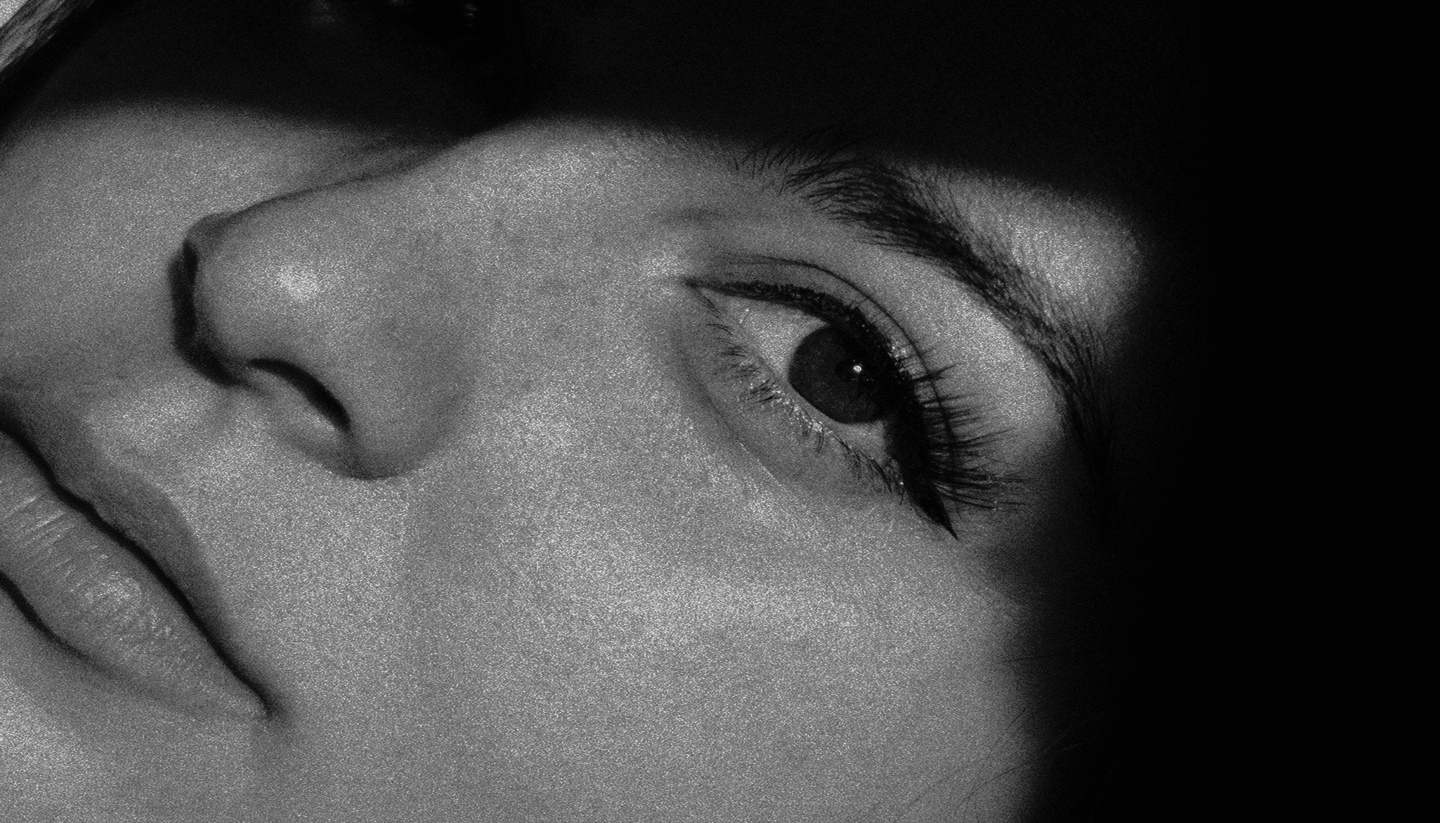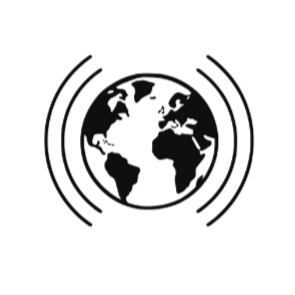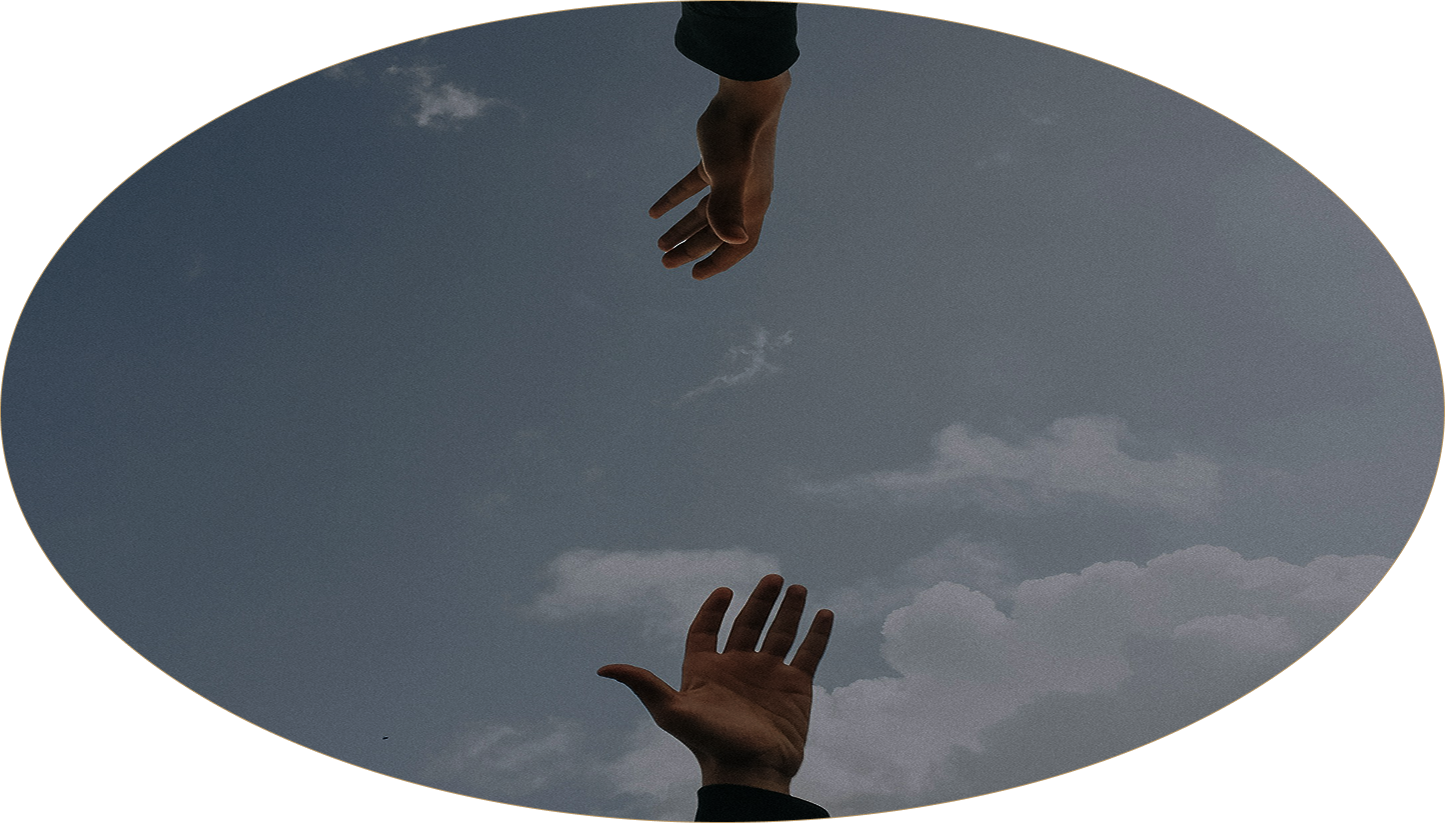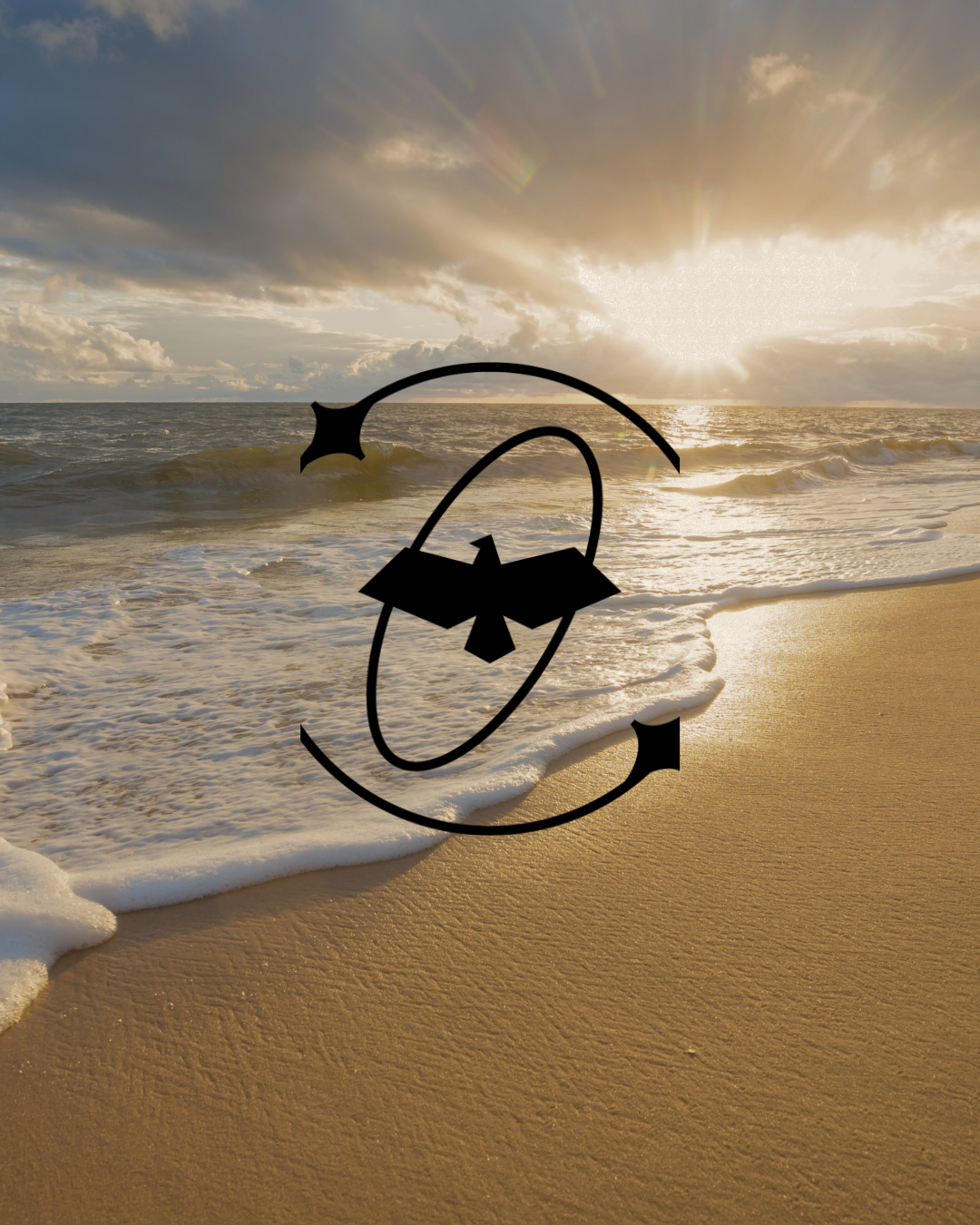The Membership
for Harmony and Longevity
Universal Spirituality.
Remote Frequency Therapy.
Conscious Community.
Our Highest Mantra™ is a digital membership supporting nervous system harmony, biological vitality, and expanded awareness.

Modern Life Is Overloading the Human System
The body was not designed for this level of stimulation.
Relentless stimulation
Environmental
Toxins
Acceleration without Integration
Processed
Food Systems
Digital
Overload
Conflicting Information
Chronic Stress Cycles
Identity Polarization
What is OHM?
Awareness
Longevity
Biology
Community
Longevity means maintaining your health and vitality over time.
It is about keeping your body’s systems strong and regulated so you can stay energetic, clear, and present as the years pass.
How Frequency Supports Longevity
We deliver non-invasive electromagnetic frequencies remotely through a clinically guided system to optimize biological age.
How frequency supports
healthy aging:
Electromagnetic communication between cells
Neural rhythm organization and brainwave coherence
Mitochondrial energy production and cellular voltage balance
Bioelectromagnetic synchronization across organ systems
Circadian rhythm alignment and internal timing regulation
Calcium ion channel signaling and cellular membrane potential regulation
Research suggests our
treatments may support
Nervous system regulation and autonomic balance
Improved sleep quality and recovery patterns
Cellular communication and energy efficiency
Heart rate variability and stress adaptability
The body’s adaptive response to stress over time
A non-invasive, data-informed approach guided by clinical oversight
We do not claim treatment, cure, or disease reversal. Our work focuses on regulation, and long-term vitality.
The Science of Frequency.
The Future of Vitality.
Every cell communicates through frequency.
OHM’s remote, non-invasive treatments overseen by Dr. Jeff Sutherland and our clinical team, are designed to support electromagnetic coherence, energy efficiency, and nervous system regulation.

Inside the Membership
Frequency-Based
Longevity Therapy
Remote, non-invasive frequency protocols designed to support nervous system regulation, cellular communication, and long-term vitality, delivered digitally under clinical guidance.
Phoenix AI
Companion
An AI-guided reflection companion trained in Vedic intelligence and modern psychology, helping you refine perception, regulate emotion, and return to clarity in real time.
Conscious
Curriculum
A self-paced curriculum integrating universal spirituality and nervous system awareness, with optional access to aligned coaches and facilitators for deeper integration.
Community and
Cultural Experiences
A global network of seekers and leaders, offering digital gatherings, Fireside Chats, and experiences designed to strengthen connection and belonging.
Choose Your Level of Harmony & Longevity Support

How it Works
Step 1: Remote Scanning
You submit high-resolution photos through a secure portal.
Advanced analysis reviews biometric and energetic patterns to identify areas of imbalance across systems.
This provides the baseline for personalized frequency mapping.
Step 2: Frequency Mapping
Proprietary algorithms translate your biological signatures into targeted scalar and EMF frequencies.
Each treatment is tuned to support cellular function and restore more stable communication across the body’s existing systems.
Step 3: Remote Frequency Delivery
From our lab, frequency patterns are delivered remotely to you.
No devices.
No wearables.
No disruption to daily life.
Treatments integrate quietly while you live normally.
Step 4: Healing & Rejuvenation
As interference is reduced and regulation improves, the body can reorganize more efficiently.
Protocols are designed to support cellular repair, resilience, and long-term vitality.
Progress may be tracked through clinical markers and compatible wearables when available
Grounded in Bioelectromagnetic Research
Dr. Jeff Sutherland is a globally renowned scientist and innovator is best known as the co-creator of SCRUM, the agile framework used by over 20 million teams worldwide.
As the founder of the Frequency Research Foundation, Dr. Jeff has pioneered scalar and EMF protocols that extend human healthspan.
With a Ph.D. in biometrics and cancer research, he brings decades of research and scientific rigor to the fields of cancer research, microbiology, biotechnology, and longevity science.
Frequently Asked Questions
-
Our Highest Mantra (OHM) is a digital-first spiritual ecosystem designed to restore harmony across the human system including physical, emotional, mental, energetic, and awareness-based layers.
We blend universal spirituality rooted in Vedic intelligence with frequency-based longevity protocols, AI-guided reflection, conscious education, and global community.
-
No.
OHM draws from Vedic intelligence but is non-religious and non-dogmatic. Participation does not require belief, conversion, or adherence to doctrine.Spirituality within OHM is framed as awareness development, the refinement of perception, emotional clarity, and inner freedom beyond identity or ideology.
Universal spirituality belongs to everyone.
-
We use remote, non-invasive, scalar wave frequencies designed
to support bioelectromagnetic harmony and autonomic regulation.The human system is electromagnetic before it is biochemical. Every cell communicates through voltage, rhythm, and signaling patterns. When stress and environmental overload distort these patterns, systemic harmony declines.
Our protocols are designed to support:
Nervous system stability
Cellular voltage integrity
Reduction of stress-related signaling distortion
Reinforcement of healthy physiological rhythms
OHM does not diagnose or treat disease. It supports restoration of harmony so the body’s self-organizing intelligence can rebalance naturally.
-
The process is structured and clinically guided.
You join the OHM membership.
You submit high-resolution photos and intake information.
Biofield pattern assessment and frequency mapping are performed.
Personalized protocols are delivered remotely with no devices required.
Where available, wearable data and subjective shifts inform refinement.
The protocols are ultra-low-energy, non-invasive, and drug-free.
-
Yes. OHM’s frequency protocols are non-invasive, remote, and informational. They do not
involve pharmaceuticals, surgery, or physical hardware.All services operate under defined compliance boundaries. OHM does not replace medical care and does not provide diagnosis or treatment.
Members are encouraged to maintain their existing healthcare relationships.
-
Skepticism is welcome.
Bioelectromagnetics is an established field studying how electromagnetic fields interact with biological systems. Research in HRV, EEG, autonomic regulation, and systems biology continues to explore how signaling patterns influence physiology.Participation in OHM does not require belief. It requires observation.
Members are encouraged to evaluate their own experience including sleep quality, emotional steadiness, clarity, recovery, and overall vitality.OHM invites independent thinking, not blind faith.
-
Where available, members may integrate wearable data such as:
Heart Rate Variability (HRV)
Sleep metrics
Recovery patterns
Stress load markers
Subjective shifts in emotional stability, clarity, and presence are also part of the feedback loop.
-
Human systems regulate better in connection.
OHM is a conscious community built around honest evolution and independent thought.
Community supports:
Co-regulation
Reflective dialogue
Collective awareness development
Stability during growth
Collective harmony amplifies individual stability.
-
As the nervous system stabilizes, some members report temporary recalibration experiences
such as:Increased fatigue
Vivid dreams
Emotional surfacing
Changes in sleep rhythm
These experiences are typically transitional and reflect shifts in autonomic regulation.
If anything feels concerning, clinical support is available. -
OHM operates as one unified ecosystem with progressive depth.
Phoenix
Ideal for awareness development, conscious education, and community integration.Visionary
Designed for those ready to integrate bi-weekly frequency-based longevity support alongside community and curriculum.Infinity
For individuals seeking deeper personalization, weekly frequency protocols, specialist access, and expanded ecosystem benefits.
All tiers exist within one architecture of harmony.
-
We do not guarantee specific medical outcomes.
OHM operates under the scientific supervision of Dr. Jeff Sutherland and our clinical lab team. Our work is grounded in decades of research demonstrating that electromagnetic frequencies influence biological systems, including cellular signaling and autonomic regulation.
While individual responses vary, the relationship between frequency and biology is well documented, and many members experience measurable improvements in vitality and resilience over time.
-
OHM is not a single service. It is a living ecosystem designed to restore harmony at scale.
Your membership includes frequency-based longevity protocols, universal spirituality rooted in Vedic intelligence, AI-guided reflection, conscious education, and global community.
Together, these layers support nervous system stability, clearer perception, emotional regulation, stronger recovery, and more intentional living.
Your participation also expands access, helping bring harmony-based longevity and awareness education to broader communities.
OHM is infrastructure for a better way of living.


























